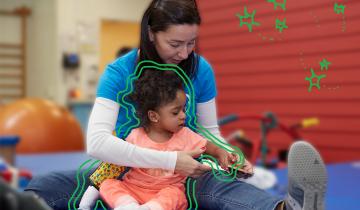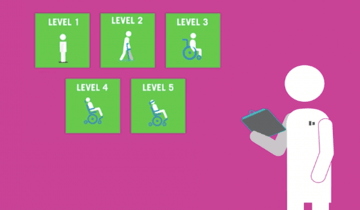This research studied falls in ambulatory children and adults with CP specifically asking how often they’ve fallen, fall-related injuries experienced, circumstances around the fall, the level of fear or concern about future falls, and the extent to which they do or don’t avoid certain activities due to their concern about falling. This study sets a strong foundation for future fall research, quantifying the breadth and depth of the problem across a large spectrum of age and walking ability.
The Cerebral Palsy Foundation has created a factsheet to help guide you in understanding and treating pain with CP. This fact sheet has been created for individuals with cerebral palsy to provide basic guidance surrounding common causes and potential treatment of pain.
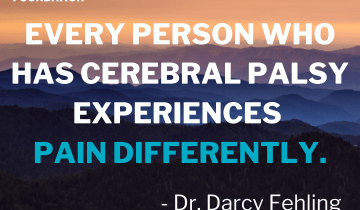
Cerebral palsy refers to a group of conditions that are caused by problems in brain development and that affect how movement and motor control happen in children. Problems with walking and talking are often the way people start a conversation about cerebral palsy.
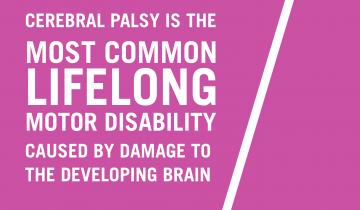
Cerebral palsy is an injury to the brain, but what we find is that it has a lot of effects on how you use your muscles.

For people with a physical disability, activity is a lifestyle. It's something that can start in physical therapy, but it really is something that has to be carried over into their everyday lives. What has happened over the years is we're understanding the importance of mobility.

One of the things that we typically forget when we look at kids who have conditions like CP, is that they're first and foremost, children.
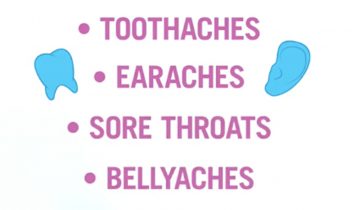
The World Health Organization has developed the ‘International Classification of Function’. This gives us a way to think about any health condition. Here we can see many ideas that we need to think about with CP. We can also see how these many ideas are connected to one another.
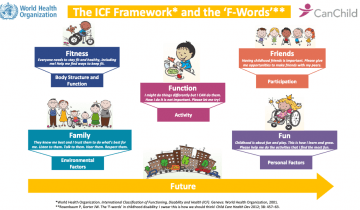
Early interventions for CP should be based on the strongest possible scientific evidence for benefit and should have the smallest possible risk of harm. In the US, early intervention (EI) is a system of services available under the age of 3, to support infants and toddlers with developmental problems and their families as they interact with and care for their child.
